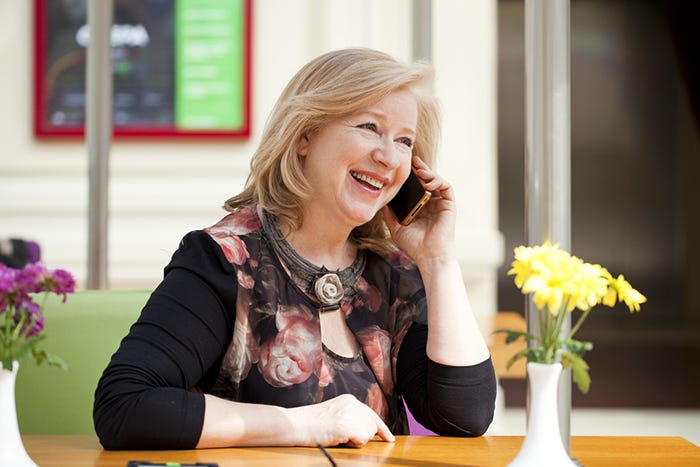Top tips to help beat loneliness
Distance from family members, the death of a partner or decline in physical ability can make anyone feel isolated – but it doesn’t have to be that way. Dame Ester Rantzan is aiming to raise the awareness of loneliness and help everyone enjoy a happy and active retirement with her campaign ‘Leave Loneliness Behind.’
Loneliness is a major issue in our society. A study of 1,000 retirement-aged people highlighted that over 55% felt there is a stigma attached to admitting to being lonely – whilst one in four was ‘too ashamed’ to admit their feelings to others.
Loneliness is not to be confused with being alone. Many of us enjoy our own company and choose to live alone but this does not mean we are lonely. Those amongst us who have experienced it know that loneliness is the feeling of not belonging or feeling isolated. Chronic loneliness can have serious consequences for both mental and physical health and letting go of the fear of being judged is the first step towards finding a solution.
Don’t be afraid to speak up
Reaching out to friends or relatives to talk about how you are feeling isn’t always something that feels comfortable but there are services that specialise in listening and helping. The Silver Line Helpline, founded by Esther Rantzen, is a 24hr, confidential and free service that offers information, friendship and advice for older people in the UK – they can even link their callers to local groups and services in their area that could help.

Sometimes just picking up the phone to a family member or friend can help. You don’t have to talk about how you’re feeling but hearing a friendly voice on the other end of the phone can do wonders for your mood.
The charity also runs Silver Circles, which are group calls for people with shared interests. Silver Letters are also an option for those who are hearing impaired or prefer the written word to a phone conversation.
Look for like-minded people or expand your horizons
One way to combat loneliness is to join up with other people who share your interests. Take some time to think about how you would enjoy spending your time and what you would enjoy even more with company. This could be anything! There are clubs and groups for just about everything, from bridge to book clubs, walking groups or even model making. Take a look on the noticeboards in the post office or supermarket. Also have a look in the local library and you’ll often find groups advertise in local newspapers as well. Here are a few ideas to try:
- Voluntary organisations or rotary clubs
- Night classes – like IT or life drawing
- Exercise classes or walking groups – many leisure centres and community hubs have classes especially for older attendees
- Gardening groups
- Meditation classes

